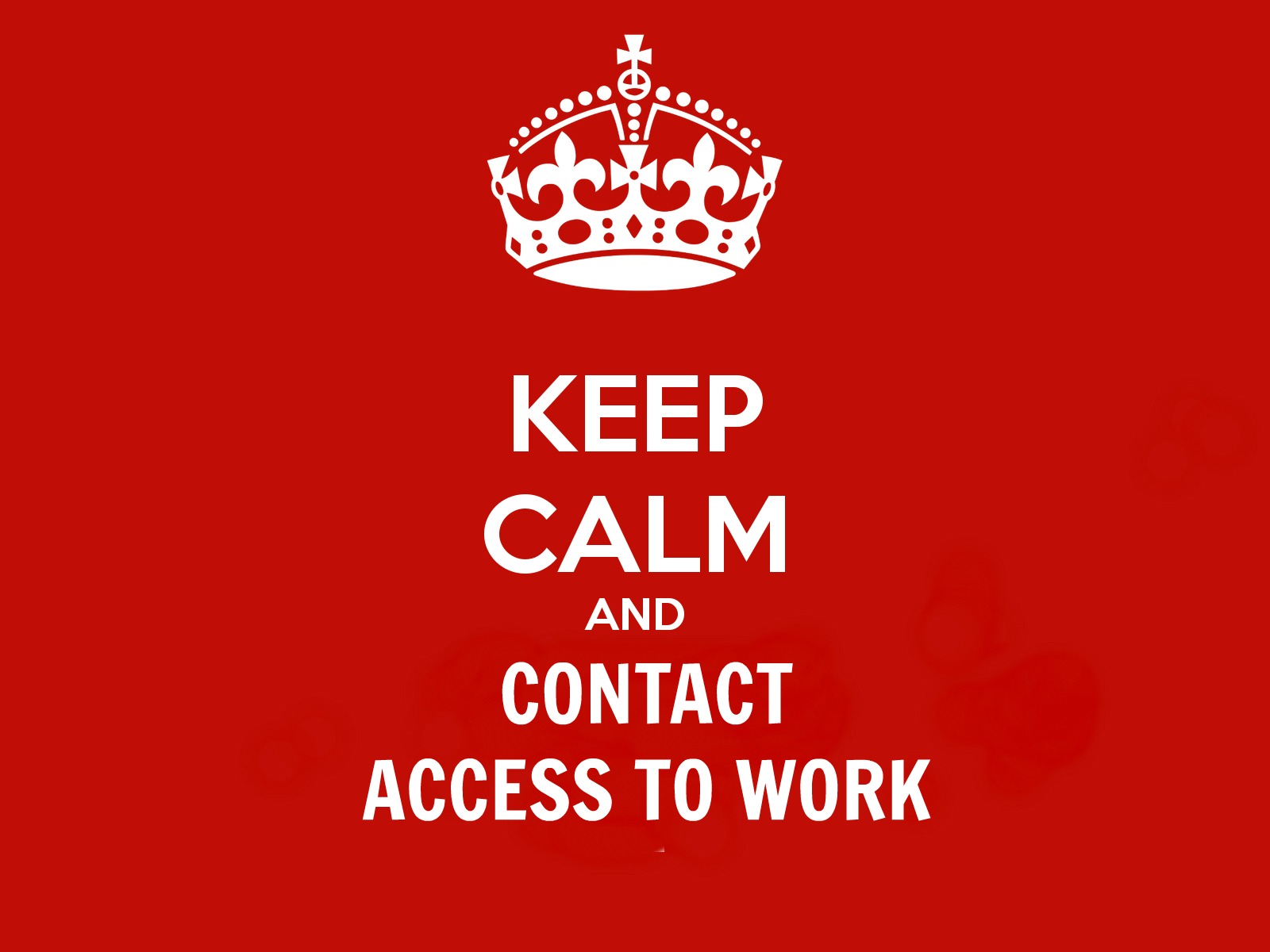A 5-step guide to getting help for your hearing loss at work

If you have hearing loss some of your day-to-day activities might be more of a challenge than for your hearing colleagues.
There’s no need to struggle. A Government scheme called Access to Work can help you get the equipment and communications support you need to manage your hearing loss at work.
Step 1: Check you’re eligible for Access to Work support:
You can ask for an Access to Work assessment if:
• Your hearing loss affects your ability to work, and
• You’re 16 or older, and either
o You’re about to start a job or work trial, or
o You’re already in a paid job or self-employed.
Your hearing loss must be a ‘disability’ – defined as ‘a physical or mental impairment which has a substantial and long-term adverse effect on [your] ability to carry out normal day-to-day activities’.
Step 2: Speak to your manager
Unless you’re self-employed you’ll need to explain to your manager that you need extra support because of your hearing loss. This is because your organisation may need to contribute towards the cost of whatever help Access to Work recommends you receive.
Access to Work will pay 100% of the approved costs if you:
• Are self-employed or
• Have been employed for less than 6 weeks.
If not, the amount your employer pays depends on how many employees it has. To find out more read the Employer’s Guide to Access to Work
Step 3: Apply for an Access to Work assessment
It’s easy to apply for an Access to Work assessment of how your hearing loss is challenging you at work. Simply:
Email: atwosu.london@dwp.gsi.gov.uk
Telephone: 0345 268 8489
Textphone: 0345 608 8753
Top Tip: if you don’t have a textphone, but your hearing loss means you struggle to use the phone, let Access to Work know that email is your preferred contact method.
Step 4: Prepare for your assessment
Don’t worry, your Access to Work assessment is not an exam. But it is your opportunity to tell your assessor how your hearing loss is affecting your work, and discuss what might help. So have a think about the support you want.
If, for example, you struggle with hearing teleconferences, webchats, presentations and training, live captioning from 121 Captions could make a huge difference. Get in touch and we can discuss a free, short demo to demonstrate the benefits of our live captioning services.
Step 5: Make sure the recommendations are put in place
Top Tip: if you don’t agree with the Access to Work recommendations, you can appeal. Details are on the award letter you receive.
Once you receive the recommendations from Access to Work, encourage your manager to get them in place as soon as possible. The quicker you get support for your hearing loss the more productive you will be as an employee.
To find out more about the support 121 Captions provide for hundreds of people with hearing loss at work, contact us.











Leave a Reply
Want to join the discussion?Feel free to contribute!